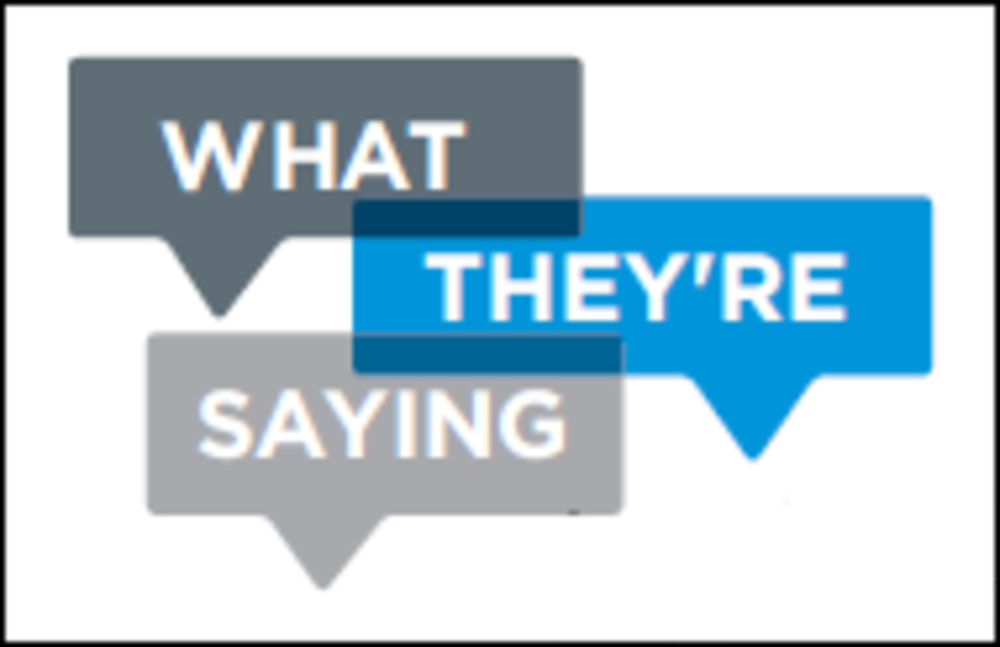When Facebook’s IPO debuted on May 18 with more of a fizzle than a bang, the media leapt to condemn the company’s move to Wall Street a failure. While analysts cringe at the company’s poor opening performance, they are considerate of the hype Facebook was up against and the unrealistic expectations behind it. Experts put the pathetic premiere into perspective, and as for final judgment on whether the Facebook IPO is a hit or miss, the jury is still out.
Ty Kiisel, Forbes
Like most projects, I think it all depends upon your definition of failure. I don’t know anyone who would call a $300 million dollar loss (even if it’s only on paper) a success, but I’m sure there are many who regret … that they didn’t get out at $38 per share. It might be a long summer for those who were planning on cashing in on their investment in Facebook. Unrealistic expectations by stakeholders and over-stated value projections by sponsors make it difficult for some projects to be successful (much like all the pre-IPO hype) — and sometimes it’s just very difficult to really tell the difference between success and failure. If Facebook came out at 20% or 30% less, wouldn’t we be talking about this as an incredibly successful IPO? Although I wouldn’t call Facebook’s IPO a success, I think it might be a bit early to call it a failure.
Steve Blank, CNN
The long-term performance of a company or its stock bears virtually no correlation with its first week’s or month’s market performance. Facebook and its bankers extracted the maximum amount of money possible from Wall Street and Main Street investors, raising $16 billion at eye-popping valuations and making it one of the largest IPOs ever. Facebook needs to mature into a company that constantly innovates based not on just Mark Zuckerberg‘s vision alone, but with lots of help, feedback and direction from its nearly 1 billion users. Was a $38 FB share a great deal? Don’t ask me this week — ask me a year from now.
Terence Corcoran, Financial Post
If Mark Zuckerberg’s $38 IPO had jumped to $45 a share in later trading, Wall Street, private-equity players, small investors and the California tech community would all be hailing another triumph of American public-market capitalism. Right now, however, Mr. Zuckerberg and Facebook are in a downward spiral. Everything about the IPO, … once promised to be the best and biggest, is turning into the worst and ugliest. Outside investors who piled into the Facebook IPO at $38 a share knew … exactly what they were getting into. Flying blind along with the wave of social media hype — and seeing Facebook’s 900 million followers as a sure profit generator that can only grow — is a dumb investment strategy. It’s a stock market, not an elementary school game in which everybody is guaranteed to win something.
Jon Healy, Los Angeles Times
For those who bought into Facebook on Day One, it’s an inauspicious start that’s bound to draw the wrong kind of cheers. There’s a fair amount of pessimism about the value of Facebook as an advertising platform, as reflected by General Motors’ announcement that it would no longer run paid ads on Facebook. As valuable as Facebook might be as a branding exercise, it hasn’t convinced advertisers yet that it can deliver a competitive return on their investment. Hence the troubling slowdown in Facebook’s revenue growth last quarter. On the other hand, Facebook seems to have a vise grip on its users. And those users constitute … 14% of the known population of the universe? With that kind of stickiness, the company can afford to move slowly and keep trying different monetization techniques until it finds some that really work.
OUR VIEW:
Facebook’s lackluster premiere on Wall Street proves that the seemingly invincible company has vulnerabilities like any other. With around one billion active users, Facebook has no problem getting members to sign up, but getting investors to buy in is an area of expertise still lacking in the company. On the eve of its IPO, Facebook introduced numerous tools and features, but the now public social network didn’t do a great job explaining their functions, nor did the company make a convincing argument that these features would bring in revenue. And that’s not helping to attract advertisers already skeptical about the worthiness of Facebook as an ad platform. There’s plenty of room for improvement, and despite initial disappointment, we have to give the company time to monetize its services.







